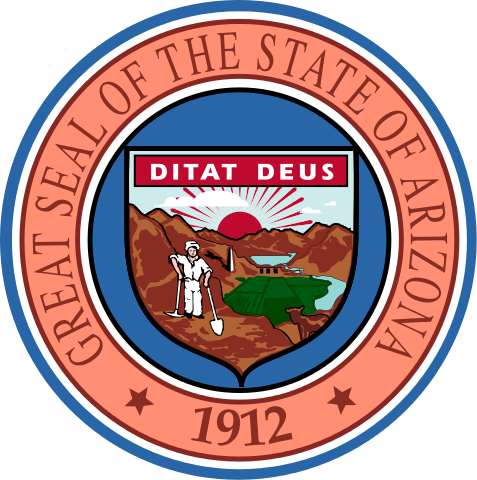Tens of thousands of Arizona retirees were hoping to begin receiving larger benefit checks in the coming months. That may happen eventually for the 120,000 retired members of the Arizona State Retirement System (ASRS), but it won’t happen this year.
That’s because benefit increases, such as COLA increases, are tied to the fund’s long-term performance. And despite posting the second-best annual investment return in the last decade—18.6 percent net of fees—the ASRS still has work to do to meet the benchmarks that permit it to increase benefits.
From the Arizona Republic:
For a permanent benefit increase to kick in at ASRS, the trust must produce a rate of return in excess of 8 percent — the assumed rate of investment growth — for 10 years and generate a pool of excess earnings.
Simple averaging shows that benchmark has been met, but there is another caveat: The formula to pay cost-of-living adjustments uses a “geometric and actuarially smoothed average,” which takes into account compounding.
That formula, dragged down by heavy investment losses during the 2007-09 recession, puts the 10-year rate of return at 7.6 percent, [ASRS Chief Executive Paul] Matson said, which is below the trigger.
“We are certainly getting closer to it,” Matson said.
The funded status — a measure of the amount needed to pay current and future pension liabilities at ASRS — is projected to be 76.6 percent. Less money is needed from employees and employers the closer the figure is to 100 percent. A funded ratio of 80 percent is considered “healthy” in public retirement systems.
Arizona’s other major pension fund, the Arizona Public Safety Personnel Retirement System, posted an annual return of about 15 percent gross of fees.
The performance of the ASRS may not warrant benefit increases, but the fund’s investment staff may still be in line for bonuses. From the Arizona Republic:
Matson said it is unclear if his investment staff will receive bonuses, even with the exceptional financial returns. He said there are other benchmarks that must be met, and a determination won’t be made for eight to 10 weeks.
Matson said bonuses are needed to retain quality staff to oversee the portfolio and garner solid rates of return.
“Without good staff, there are detriments to performing well,” he said.
Pension360 has previously covered the controversial bonuses given to the investment staff of the other major fund in Arizona, the APSPR.
Photo by: “Arizona-StateSeal” by U.S. Government. Licensed under Public domain via Wikimedia Commons

